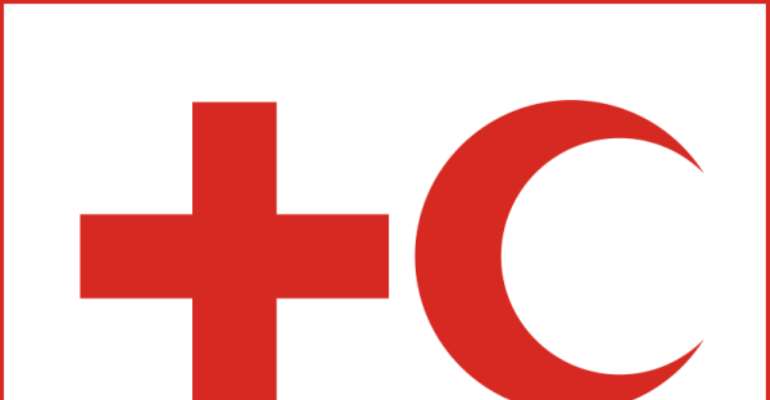IFRC calls for urgent support as the deteriorating humanitarian situation in South Sudan crosses regional borders

GENEVA, Switzerland, May 20, 2014/African Press Organization (APO)/ -- With the crisis in South Sudan now stretching into its sixth month, the International Federation of Red Cross and Red Crescent Societies (IFRC) is welcoming donor efforts arising from today's donor pledging conference in Oslo. IFRC urges a similar commitment to not only those displaced within South Sudan, but to the tens of thousands who have fled to safety in neighbouring countries.
“This is not going to be a short-term humanitarian crisis. The needs continue to increase, both within South Sudan and across the region. However, the funds to support those affected by this conflict just aren't there. We currently only have enough funding to address 25 per cent of the identified needs,” said Finn Jarle Rode, regional representative, IFRC.
IFRC has launched emergency operations in South Sudan, Uganda, Ethiopia and Sudan, supporting more than 175,000 people to address immediate gaps in water, sanitation, shelter, and the ability of National Red Cross Red Crescent Societies in the region to respond to such crises. “As the situation continues to worsen, IFRC and Red Cross Red Crescent National Societies want to do more in the immediate, medium and longer term to ensure the most vulnerable, including women and children, are receiving the humanitarian support they deserve – but we urgently need to find the resources to do so,” said Rode.
The humanitarian situation continues to deteriorate in South Sudan, forcing families from their homes and into makeshift settlements where they lack proper shelter, access to nutritious and adequate food, clean water, and health care.
Other families have sought safety in neighbouring countries of Ethiopia, Kenya, Sudan, and Uganda.
The Red Cross Red Crescent, with its strong volunteer base across east Africa, is best placed to reach those left most vulnerable by the conflict, especially in areas which are difficult to access. Volunteers play a critical role in bridging the divide between communities that are internally displaced, refugees and host families. From the onset, and guided by the Fundamental Principles, volunteers who live in affected communities in Ethiopia, South Sudan, Sudan and Uganda are also responding to those in need through the distribution of water, food and non-food items, offering first aid and medical support services, providing psychosocial support, and carrying out health promotion activities.
With the magnitude of the ongoing influx of refugees and internally displaced persons, host communities are also being significantly affected. “The increase in displaced people is straining community resources, which are, in many cases, lacking to begin with,” said Dennis Solberg Kjeldsen, IFRC regional operations coordinator. “We would like to scale up our activities, using our network of community-based volunteers, to be able to support these communities. For that to happen, we urge the donor community to provide the financial resources to ease the burden they are now facing.”
IFRC operates strictly in a neutral, independent and impartial manner to respond to humanitarian needs and to provide support to anyone affected, in compliance with international humanitarian law. The International Committee of the Red Cross is leading Red Cross Red Crescent operations in South Sudan with the support of the Movement.
